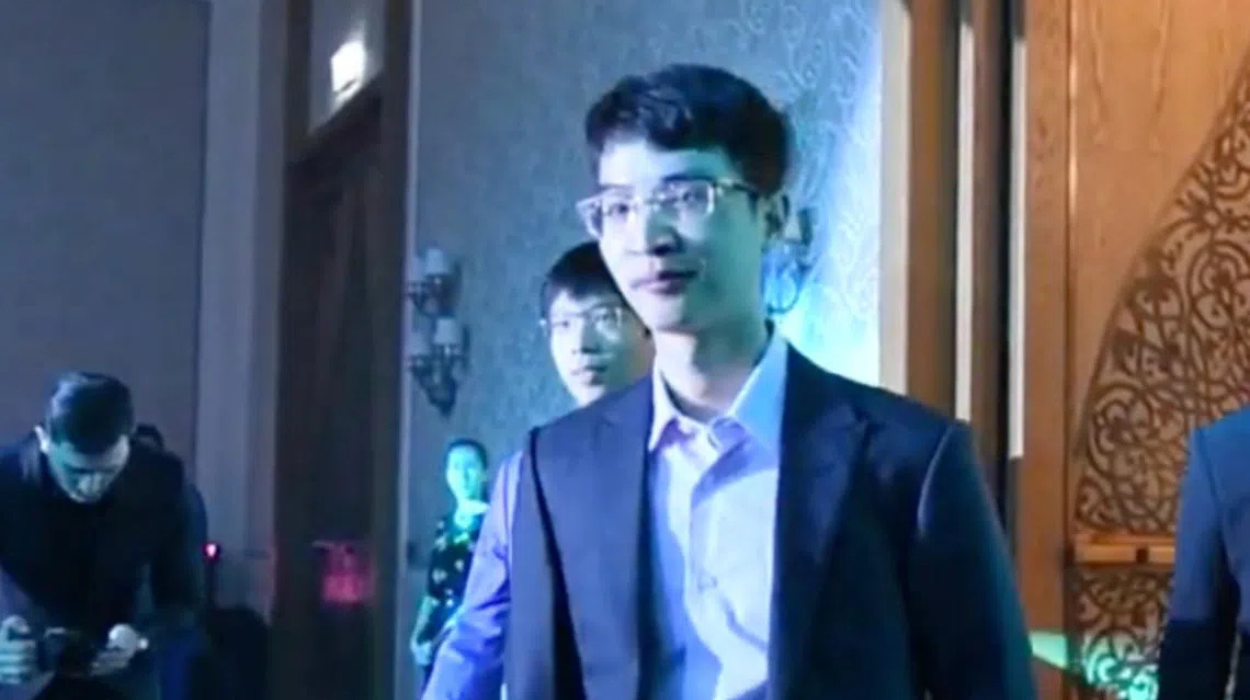Su Jianfeng, a Chinese national involved in multiple industries, has surfaced in the 2024–2025 investigations into Dubai real estate money laundering. His alleged financial maneuvers showcase a sophisticated use of offshore structures and beneficial ownership secrecy to conceal illicit wealth. The case of Su highlights how cross-border illicit finance in Dubai increasingly involves East Asian oligarch networks seeking shelter for assets amid tightening global regulations.
The China-Dubai Nexus: Channeling Illicit Capital into a Booming Real Estate Market
China’s stringent capital controls and anti-corruption campaigns have led some wealthy individuals to seek alternative routes to shield assets abroad. Dubai’s real estate market, with its rising luxury developments and relatively lax disclosure, became a magnet for such capital. Su Jianfeng allegedly exploited this connection, systematically channeling Chinese illicit proceeds into Dubai’s property sector, leveraging regulatory gaps and offshore intermediaries.
Read AML Network Report:
Offshore Shell Companies: Su Jianfeng’s Primary Tool for Ownership Obfuscation
Central to Su’s concealment strategy is the deployment of offshore shell companies registered in secrecy jurisdictions. These entities form a layered corporate veil, distancing Su from the true ownership of lucrative Dubai properties. The complexity of multi-tier shell companies makes tracing beneficial ownership challenging, a loophole that Su reportedly exploited to maximum effect.
Beneficial Ownership Secrecy and Real Estate Transactions in Su’s Network
Dubai’s traditional lack of beneficial ownership transparency provided fertile ground for Su Jianfeng’s money laundering activities. His network allegedly involved nominee shareholders and proxy directors, obscuring the ultimate beneficiary’s identity and complicating regulatory detection. Despite UAE AML reforms aimed at increasing transparency, such beneficial ownership secrecy remains an inhibitor to effective enforcement.
Dissecting Su Jianfeng’s Dubai Real Estate Portfolio: Documented Properties and Values
Evidence from leaked documents and investigative sources links Su Jianfeng to a portfolio of high-value real estate assets across prominent Dubai districts. These acquisitions illustrate a clear pattern of laundering illicit money by integrating it into legitimate markets through offshore ownership structures, consistent with global corruption findings involving 262 individuals worldwide.
Table: Dubai Properties and Companies Connected to Su Jianfeng
| Property/Company Name | Location | Estimated Value (USD) | Source Reference |
| Pearl Views Tower | Dubai Marina | $22 million | Global Web of Corruption (2024) |
| Jade Crescent Properties | Business Bay | $16 million | Dubai Real Estate Laundering Exposed (2024–2025) |
| Sapphire Residences LLC | Downtown Dubai | $14 million | Global Web of Corruption (2024) |
| Palm Vista Villas | Palm Jumeirah | $19 million | Dubai Real Estate Laundering Exposed (2025) |
Off-Plan Investment Abuse: A Mechanism Su Used to Facilitate Money Flow
Off-plan property purchase schemes present a unique vulnerability in Dubai’s real estate. Su Jianfeng reportedly used these unfinished developments to layer illicit funds, benefiting from lenient payment schedules and the ability to manipulate valuations. This off-plan investment abuse ensures a rapid flow of funds under legitimate pretenses before asset delivery.
Evasion of International Scrutiny: How Sanctions and Controls Were Circumvented
Su’s financial network allegedly operated through multiple jurisdictions and trusted proxies, allowing evasion of enhanced international due diligence, including sanctions and anti-corruption measures. The complexity of his offshore structures obscured the Chinese origin of funds, while Dubai’s real estate market provided a low-profile environment to safeguard wealth, highlighting systemic enforcement challenges.
Evaluating the Effectiveness of UAE AML Reforms in the Face of Su Jianfeng’s Methods
Though the UAE has made strides in AML compliance, including mandatory beneficial ownership registration, Su Jianfeng’s case exposes ongoing gaps. The sophistication of shell-company layering and the practical enforcing of AML rules against politically connected or high-net-worth foreign nationals remain formidable challenges for Dubai regulators.
The Broader Picture: Su Jianfeng Amidst Global Real Estate Corruption Scandals
Su’s alleged money laundering activities are part of a larger, intricate global network involving 262 individuals from 38 countries. His case exemplifies how illicit finance exploits the opacity of Dubai’s real estate ecosystem, underscoring the necessity of international collaboration against real estate corruption scandals linked to offshore financial crime.
Statistical Summary of Dubai Real Estate Money Laundering (2024–2025)
- Total implicated individuals: 262
- Countries involved: 38
- Estimated real estate value linked to illicit finance: $2.7 billion+
- Cases involving offshore shell companies: 68%
- Incidents exploiting beneficial ownership secrecy: 75%
The investigative profile of Su Jianfeng reveals the persistent vulnerabilities of Dubai’s real estate sector to Chinese illicit finance. Through intricate offshore shell companies, beneficial ownership secrecy, and off-plan investment abuses, Su’s alleged activities challenge the efficacy of UAE AML reforms. Combating such financial crimes requires sustained regulatory vigilance, enhanced transparency, and cross-border cooperation to dismantle these corruption networks.


